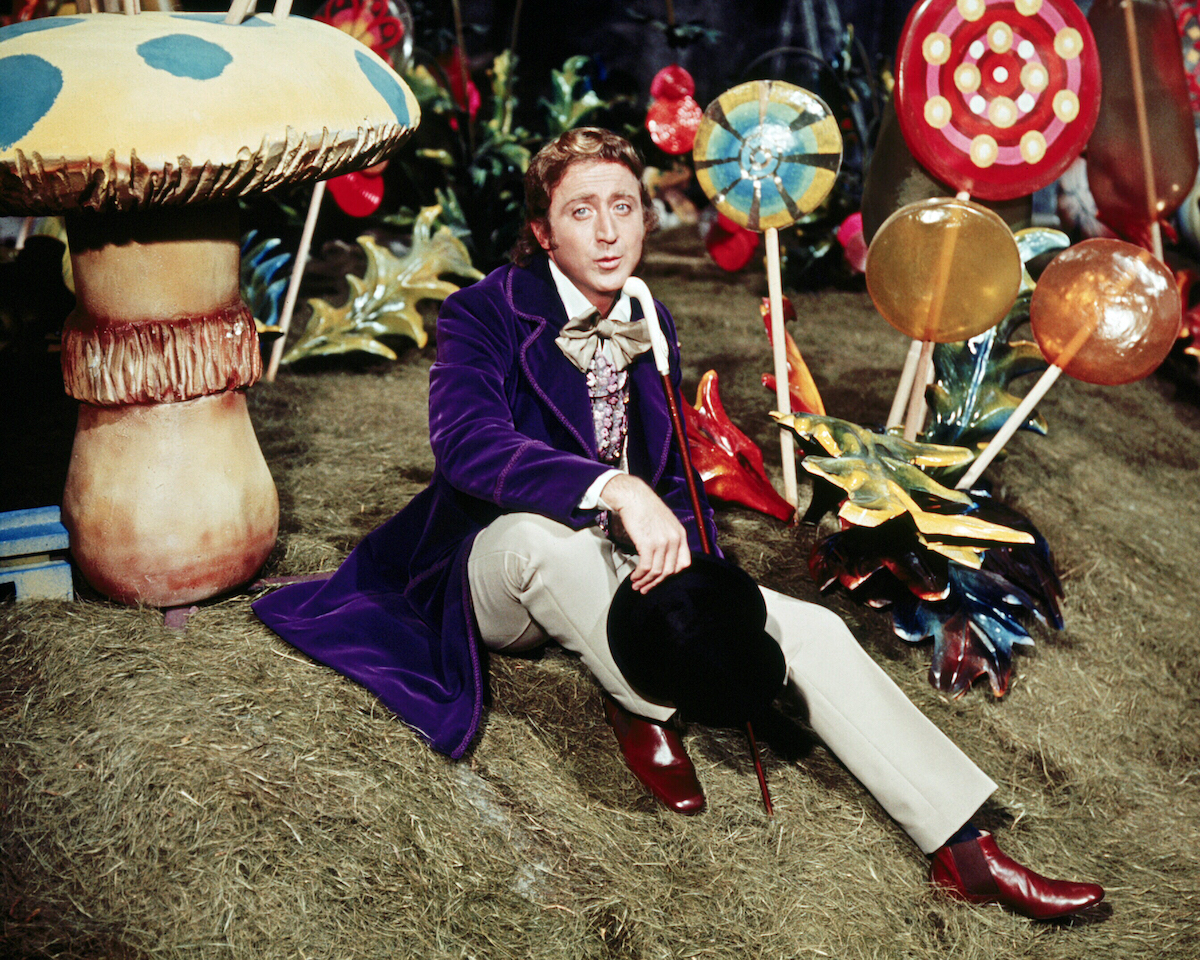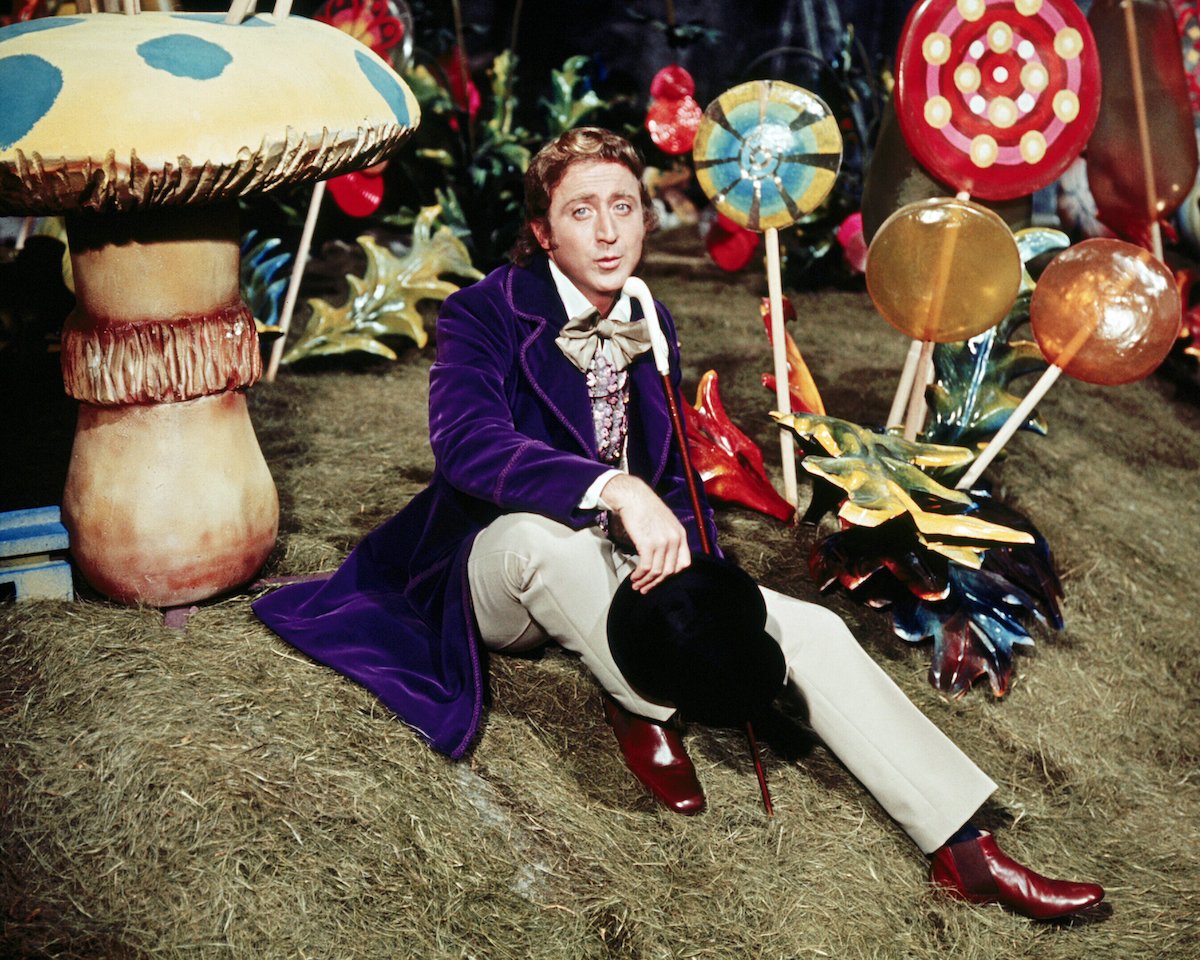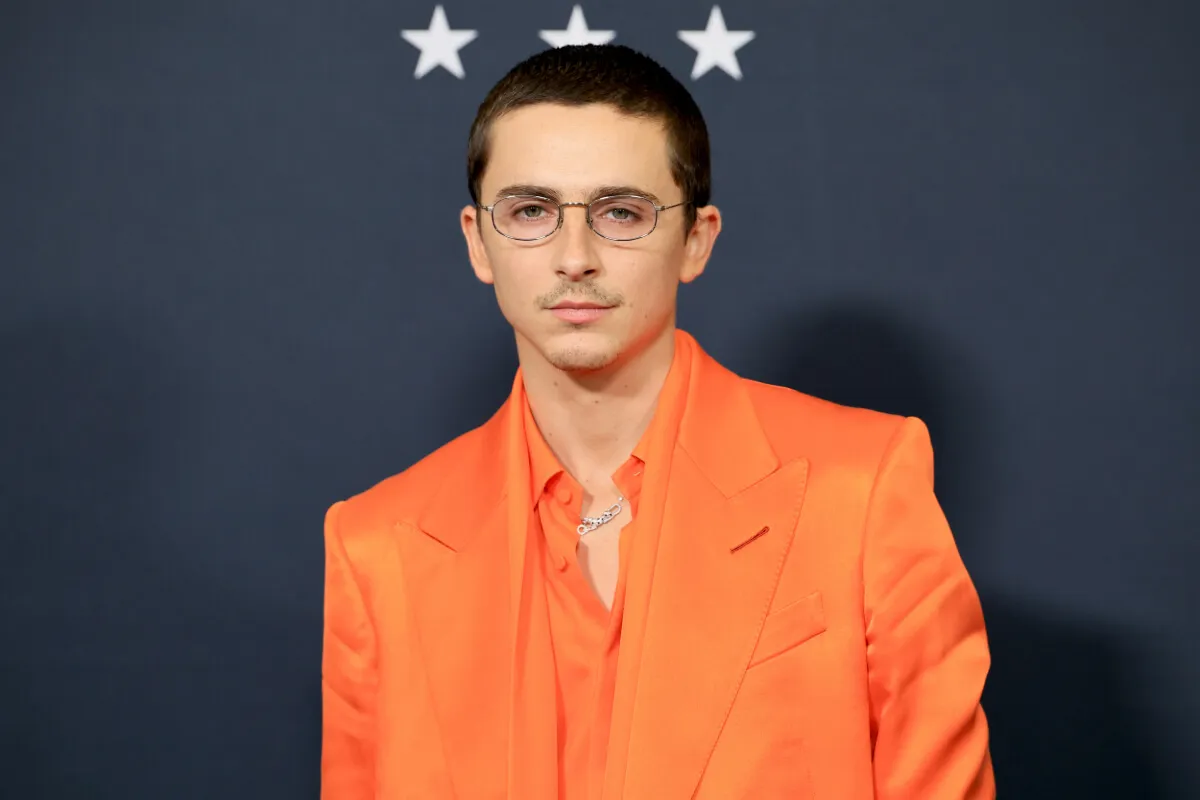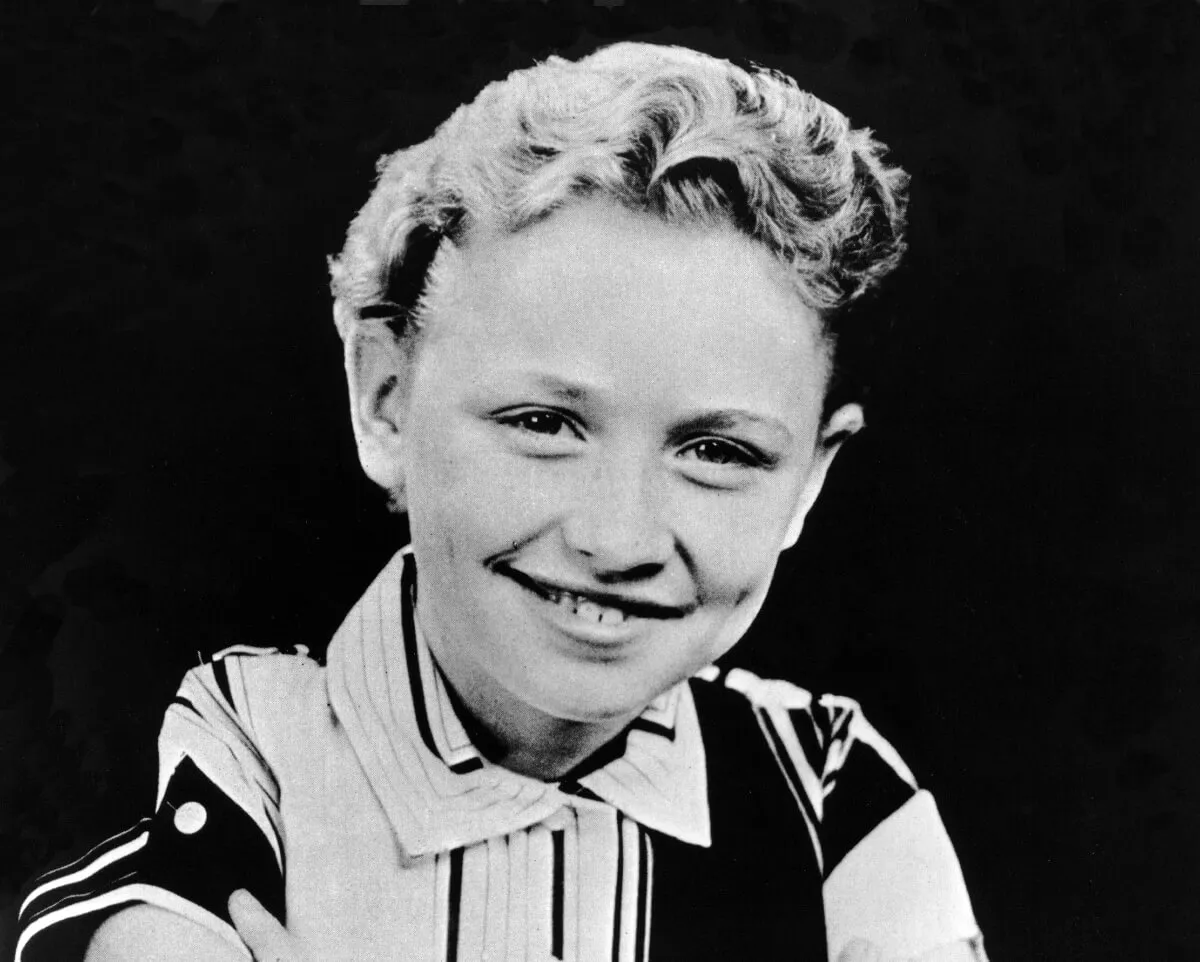
‘Willy Wonka and the Chocolate Factory’ Would Have Never Happened Without Quaker Oats
Gene Wilder starred in many movies during his lifetime and will always be remembered for his comedic genius. One role, in particular, turned him into a pop culture icon. The 1971 film Willy Wonka & the Chocolate Factory is, by far, one of Wilder’s best works.

The Blazing Saddles actor portrayed an eccentric chocolatier who oversaw a magical land of chocolate rivers, everlasting gobstoppers, lickable wallpaper, blueberry three-course dinner chewing gum, and Oompa Loompas.
While the film is now a cult classic, it is hard to believe it almost did not get made and might not have without the help of Quaker Oats.
The movie was made on a shoestring budget
The average film budget for producing a major studio movie currently hovers around $65 million, with blockbuster films costing much more. The recent box office hit Top Gun Maverick had a whopping $170 million budget.
In 1971, when Willy Wonka & the Chocolate Factory debuted, it cost a lot less to produce a movie. According to Film Site, $5 million was the average budget, with a movie ticket costing only $1.65.
The budget for the Roald Dahl screenplay adaptation of the book Charlie and the Chocolate Factory was only $3 million, low even by 1971 standards.
Filmed primarily in Munich, The Cinemaholic explained, “the reason behind shifting the production to Germany was due to the significantly lower costs, while also providing the necessary strangeness to Wonka’s factory.”
The iconic film achieved modest box office success, bringing in $4 million in worldwide ticket sales in its original run.
Why Quaker Oats financed the film
According to Buzzfeed, Quaker Oats provided all of the money for the film, considering the $3 million investment as a promotional opportunity.
The oatmeal company was getting into the candy business and found the film a unique way to market their new Willy Wonka Peanut Butter Oompas and Willy Wonka Super Skrunch bars. Quaker Oats insisted Willy Wonka become part of the movie’s title, and producers agreed, securing the innovative deal.
The Chicago Tribune reported that Quaker wanted to make a television special, but producer David L. Wolper convinced them otherwise, saying, “Why don’t you do a feature film? Get it out all over the theaters, and the time you release the candy is the same time the movie comes out.”
The candy sales proved to be a flop, and by the end of 1972, Quaker Oats gave up its candy-making aspiration and sold the brand to Sunline. In the end, the movie was more successful than the Willy Wonka Super Skrunch bars.
The Willy Wonka Candy brand continued through 2017 under the ownership of Nestle, continuing to market chocolate Wonka Bars, minus the golden ticket. Ferrara still makes Everlasting Gobstoppers without the brand name attached.
‘Willy Wonka & the Chocolate Factory’ was a hit
The fantasy film performed well for a children’s movie, especially a G-rated musical. Audiences loved the characters and how they brought the fantasy world to life. In 1971, film critic Roger Ebert said Willy Wonka & the Chocolate Factory “is probably the best film of its sort since The Wizard of Oz.” He claimed:
“It is everything that family movies usually claim to be, but aren’t: Delightful, funny, scary, exciting, and most of all, a genuine work of imagination.”
The 2005 remake of the iconic film Charlie and the Chocolate Factory, starring Johnny Depp, was equally popular, grossing more than $475 million in worldwide box office sales.
The Wonka illusion that started so many years ago continues, with Timothee Chalamet slotted to appear in Wonka, a new 2023 movie about the origins of the world’s most famous candy maker. A Wonka animated series from Taika Waititi is also slated for Netflix.


